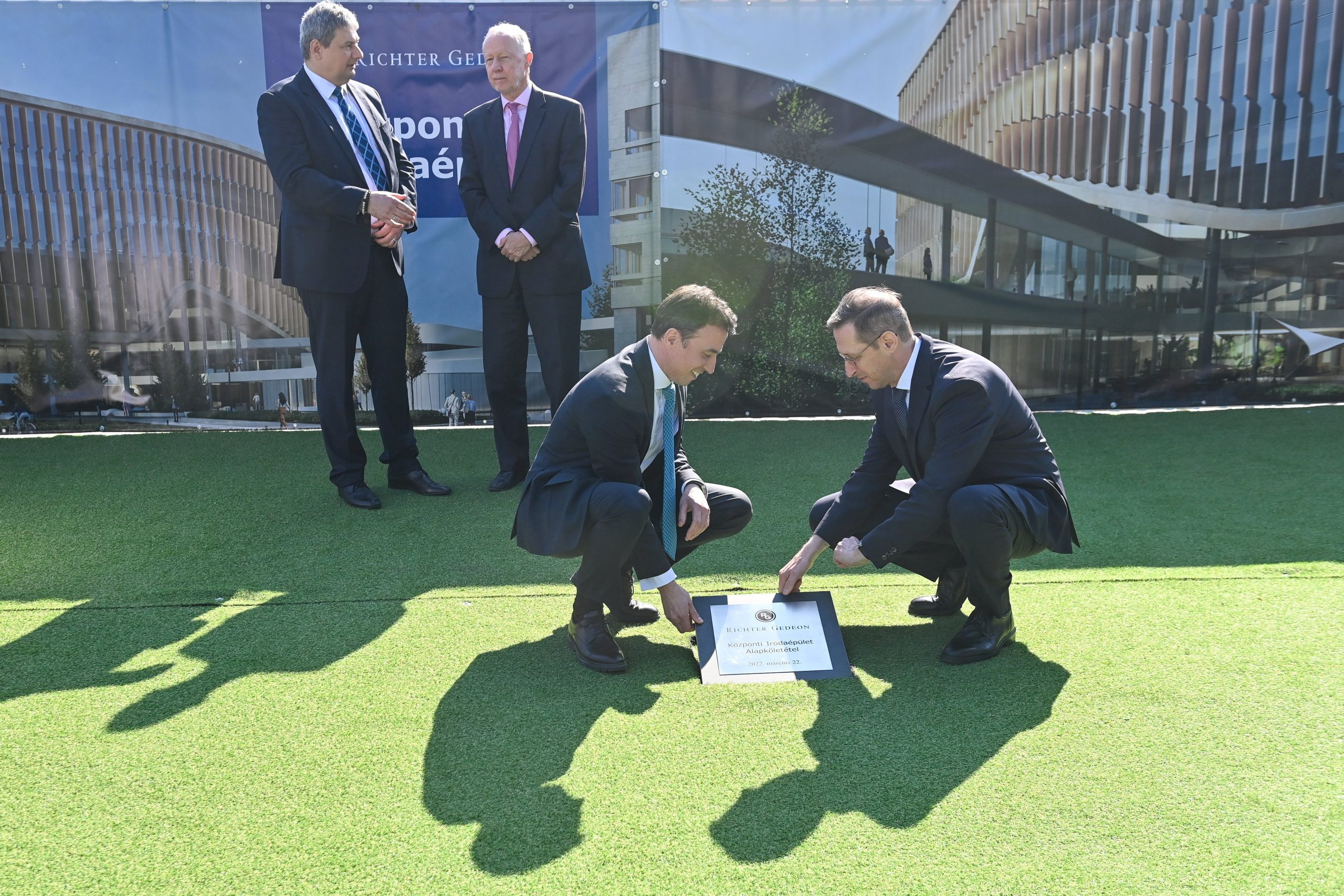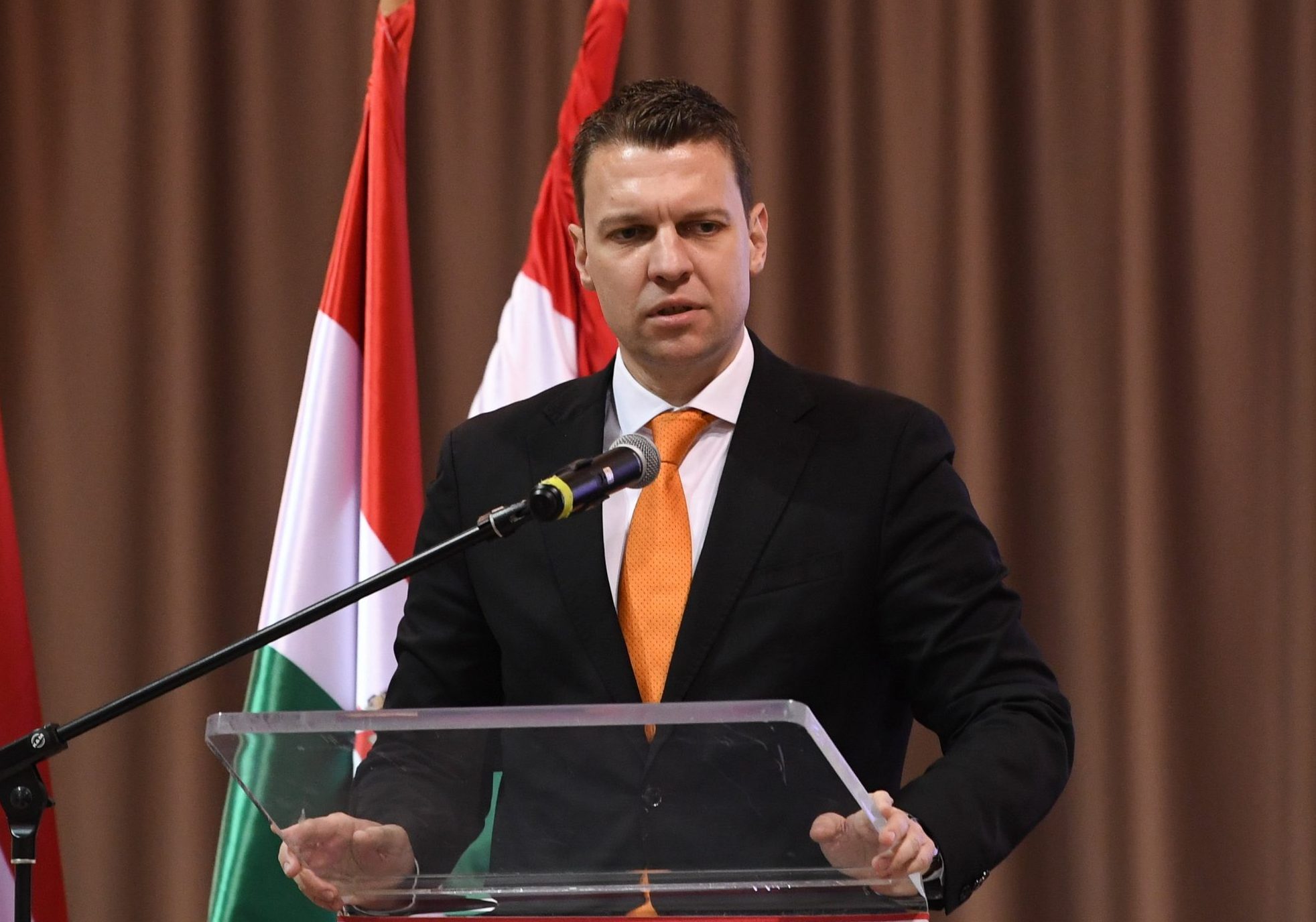
Richter has now become one of the largest and most innovative companies in the Central European region, said Minister of Finance Mihály Varga.Continue reading

It cannot happen in Hungary that families are unable to heat their homes, just as it cannot happen that the economy does not have the necessary energy resulting in the performance of industry being jeopardised, said Tamás Menczer, State Secretary for Bilateral Relations at the conference of the National Association of Hungarian Pharmaceutical Manufacturers in Budapest on Thursday.
He also pointed out that before the war in Ukraine, Hungary paid 7 billion euros for energy imports in 2021, this will rise to 19 billion euros this year and could reach 29 billion euros next year. The surplus that has to be spent on energy imports is many thousands of billions of forints, which the country cannot spend on development and investment, said Tamás Menczer.
Tibor Tóth, Minister of State for Public Finance and International Relations at the Ministry of Finance (MoF), said that while many of Hungary’s macroeconomic indicators are significantly better than the EU average, energy challenges affect the whole economy and need to be addressed quickly and efficiently. The government expects that from 2024 onwards, the stable and balanced economic growth of previous years can be restored, he added.
In his presentation, State Secretary Menczer also mentioned the creation of new jobs as important interests. Among the programs launched to promote this, he highlighted the HUF 150 billion factory-saving initiative, which aims to support energy efficiency and energy production investments.
The Hungarian economy is on a solid footing and this would not have been possible without the good performance of the pharmaceutical industry.
Hungary is also competitive in the health sector by international standards, and the sector’s share in the economy will rise in the coming years, he said. He added that the government sees the pharmaceutical industry as a break-out point.
Hungary’s public deficit of over 6 percent of GDP last year was below the EU average. This year’s deficit target is 4.9 percent, next year’s 3.5 percent, and in the coming years they want to keep the deficit below 3 percent, he said.
Featured Photo: MTI/Illyés Tibor